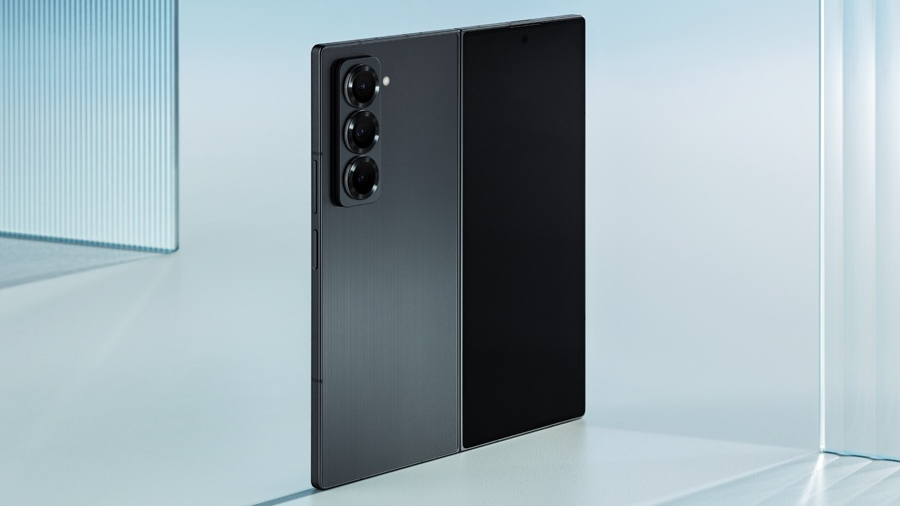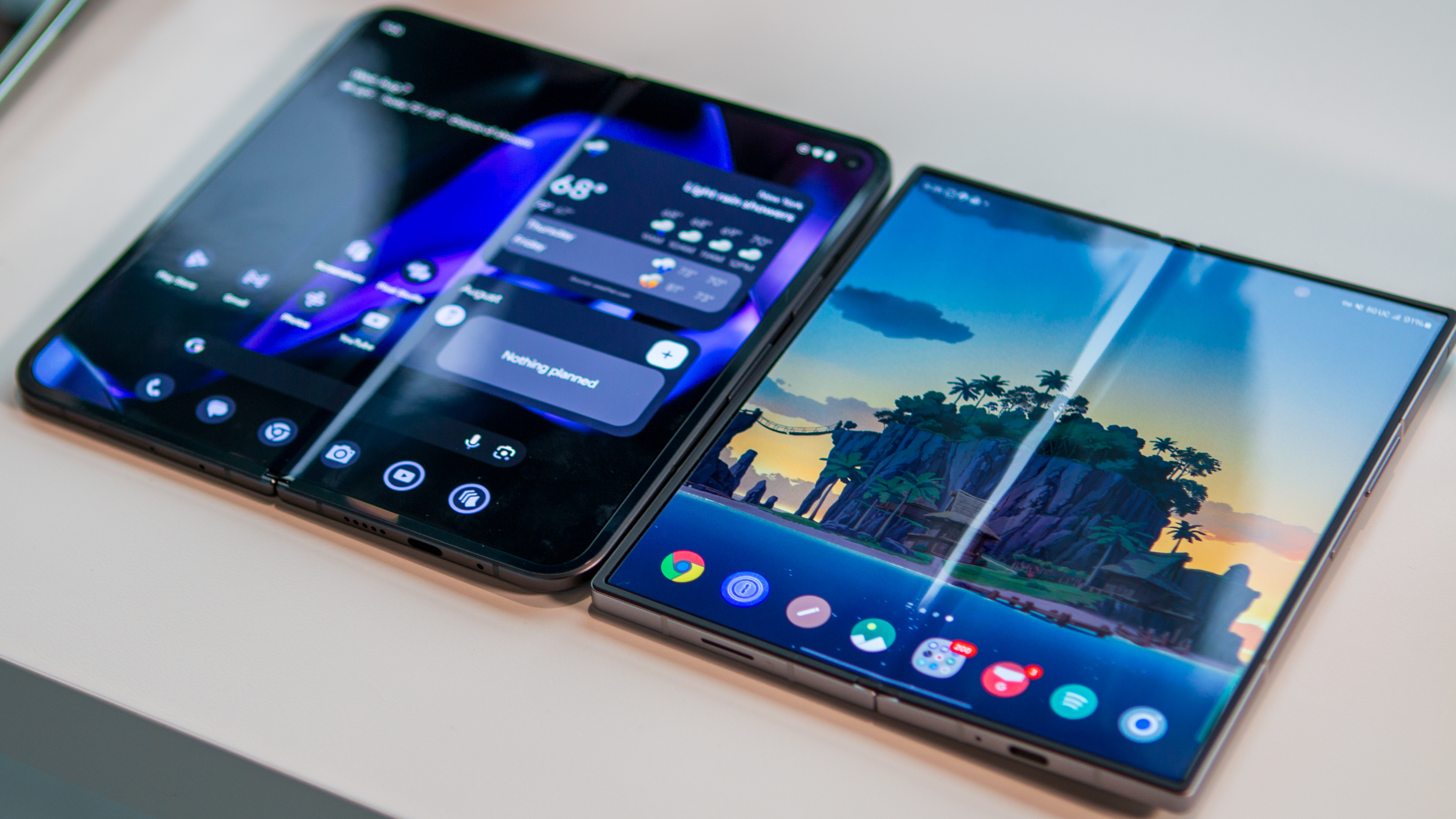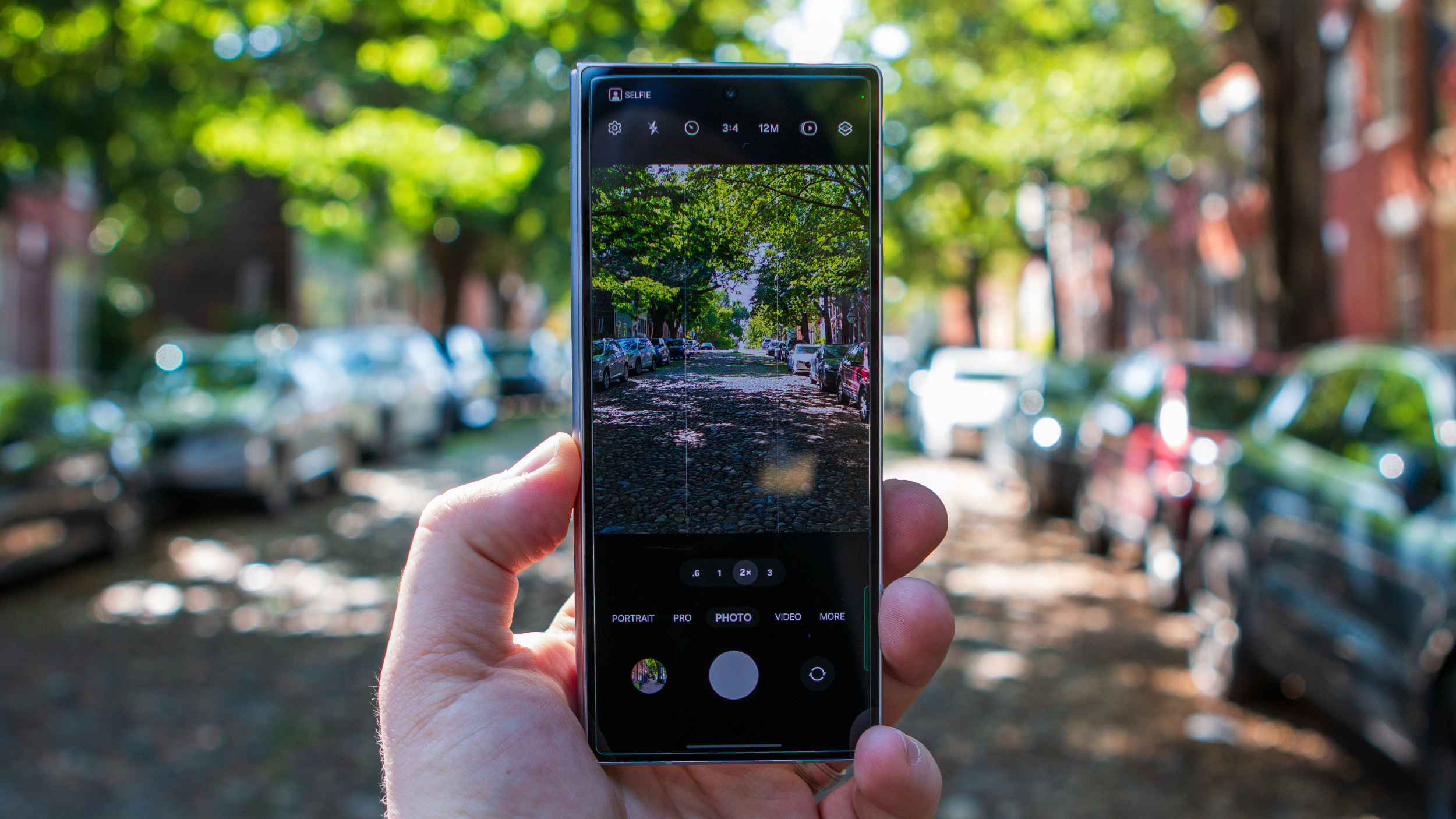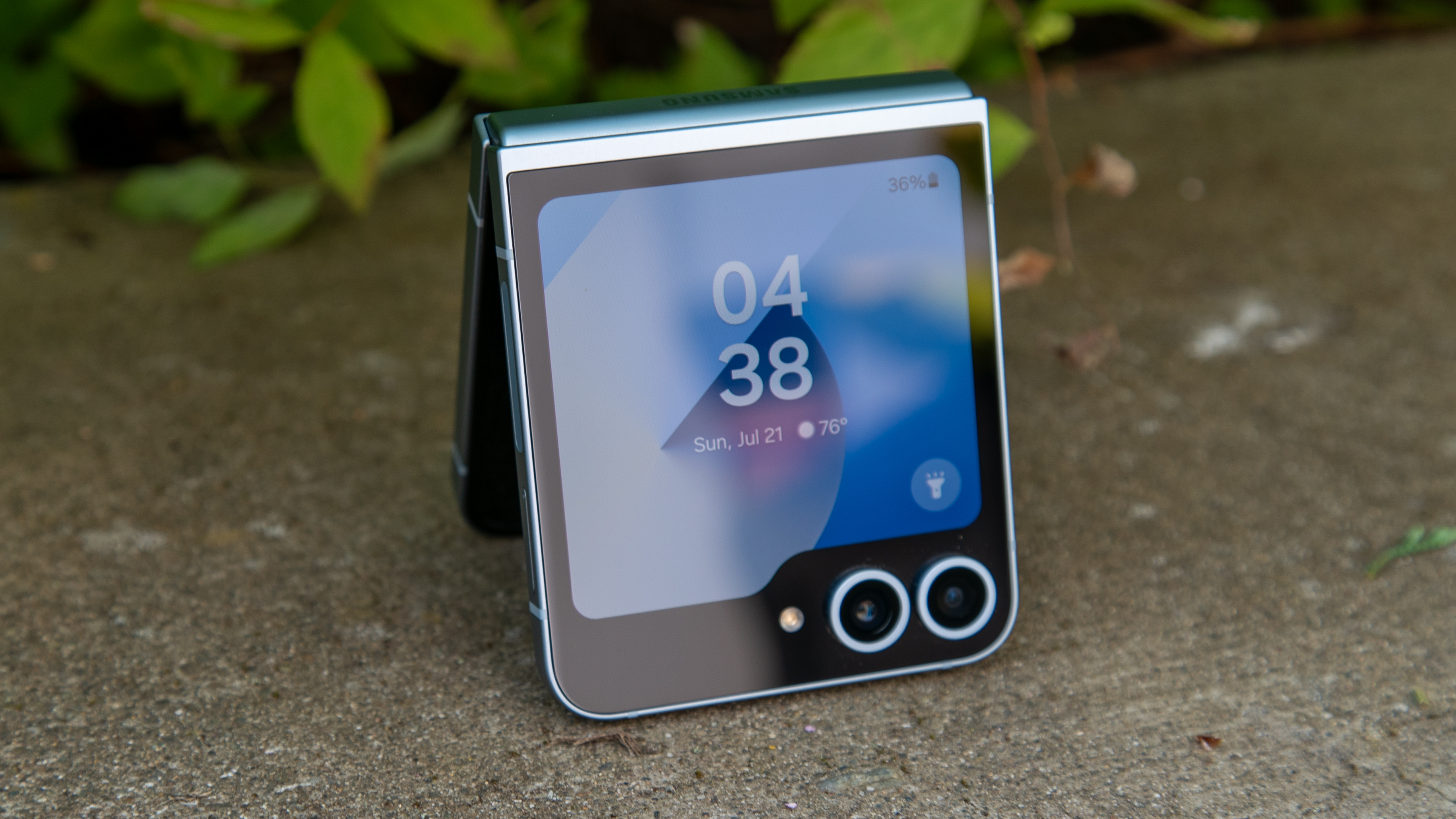

Beyond the Alphabet is a weekly column that focuses on the tech world both inside and out of the confines of Mountain View.
Samsung did it. It released a foldable phone that doesn't look like it's three years old, providing a meaningful upgrade in the process. The Galaxy Z Fold Special Edition looks like it's everything I wanted the Galaxy Z Fold 6 to be.
I eventually came around to the original Galaxy Z Fold 6, as Samsung introduced a few solid upgrades. Samsung also continues to offer my favorite experience on foldable phones simply because of the flexibility that the software provides. That continued to be the case until the Pixel 9 Pro Fold landed on my doorstep, which is a phone that I'm having a tough time putting down.
What's really bothersome about the entire situation is that the Galaxy Z Fold Special Edition proves that Samsung knows its customers want something different. It also proves that the company is capable of making a foldable phone that checks all of the boxes. That's not anything we didn't already know, especially after some were able to check out prototypes as part of the Galaxy Z Fold 5 launch.

However, when I look at the Pixel 9 Pro Fold or OnePlus Open next to the Z Fold 6, I just can't help but feel like it's not on the same level. I'm aware that it's more powerful, has more RAM, and can be used with an S Pen, but it just doesn't bring me much excitement. Instead, it invokes a similar feeling to what I had with the original Pixel Fold, which looked like it belonged in 2020 and not 2023.
Google rectified that situation with its latest foldable phone. Meanwhile, Samsung just updated the SoC, added AI features, and made the Fold 6 a bit boxier. The main camera sensor is now three years old, and although there are times when the remote-like design is nice, I don't always want to open my phone just to use it.

At least from where I'm standing, the Z Fold Special Edition is what the Fold 6 should have been. For one, the camera has been massively upgraded, going from a 50MP sensor to 200MP. Even if it's the same ISOCELL HP2 sensor from 2023 and not the HP3, that's still one heck of an upgrade. In reality, it should be the ISOCELL HP3 that's also found in the Galaxy S24 Ultra, but I'll take what I can get.
In case you're wondering why the larger sensor matters so much, it's more than just "bigger number = better." While that's true, it's not like you're actually taking a 200MP image. You can check out our explainer about pixel binning, but essentially, since there are more pixels packed into the sensor, this allows more light and detail to be captured.
So, if you take a 12MP "binned" picture with the S24 Ultra and a 12MP picture with the Fold 6 in the same scenario, there's a good chance you'll notice a difference. Software processing can help close the gap and might even give you a result that's worthy of hanging on your wall. But it's a compromise that shouldn't exist given the cost.
There's no excuse for compromise when we're talking about phones that cost almost $2,000, especially with the cameras.
If an improved model was to be released, there was always going to be a higher price. Such is the case with the Galaxy Z Fold Special Edition, as it's priced at 2,789,600 won, or about $2,035. Frankly, I'm surprised that the price wasn't higher, but maybe that's an indication of why the Fold 6 is available in global markets, while the Special Edition is limited to Korea and China.
Profit margins are a fickle thing, and if there's one thing that we know, it's that people will complain if something new comes out and is more expensive. On some occasions, it doesn't even matter what upgrades or improvements have been made, as people see a higher price tag and just turn away.
In turn, Samsung churns out minor improvements while at the same time, likely enjoying higher profits as materials become less expensive over time. Plus, Samsung is able to keep drawing in the niche market without increasing the price in order to keep customers happy and profits rising.

This is why I think Samsung hasn't released a truly revolutionary upgrade to the Galaxy Z Fold line. For one, foldable phones are a niche market, with the book-style foldable being even more niche. The Galaxy Z Flip is the "hip" phone for many, as it's much lighter and doesn't take up nearly as much space as the Fold.
It also doesn't help that it seems that Samsung's sales figures are down by at least 10% compared to last year's Fold 5 and Flip 5. Although we don't have specifics, pre-orders for the 2024 lineup reportedly saw a 60/40 split, with the Flip 6 being more popular. One could argue that it's a bit of a chicken and egg situation, but we simply don't know what sales would look like if the Z Fold Special Edition was released as the Fold 6.
I don't care about the profit margins or that this latest iteration is only available in Korea and China. What I do care about is that Samsung could have done so much more and chose not to do so. Whether that's the reality or not doesn't matter. A $1,800 phone shouldn't have worse cameras than one that costs $600, even if it does fold in half.
Samsung, please bring the Special Edition to the States.







